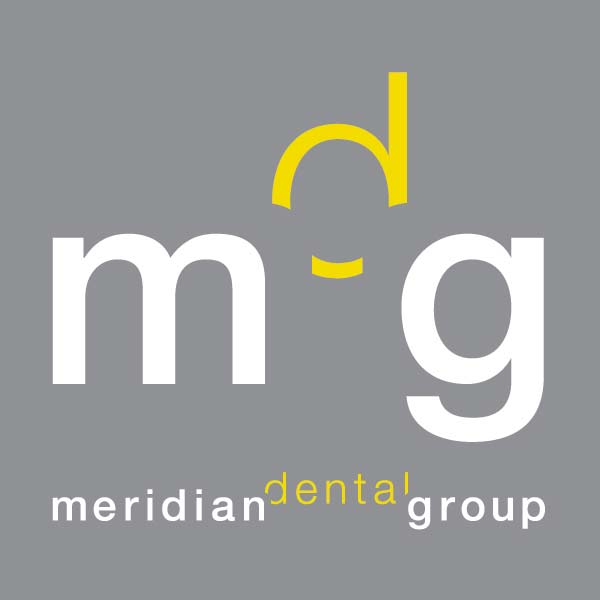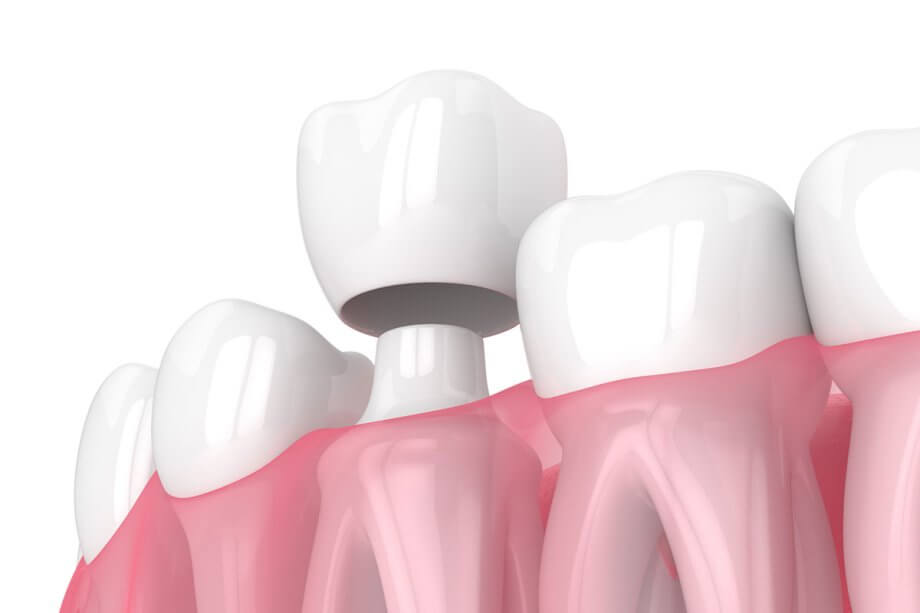If you have a damaged or otherwise need to improve the appearance of one of your permanent teeth, your dentist might recommend a dental crown. Dental crowns have many benefits, and depending on the materials they are made of and how you care for them, they can last many years. Here’s what you need to know about what dental crowns are made of.
The Purposes of a Dental Crown
Typically, dental crowns are used to restore a tooth that is significantly decayed or damaged. Crowns can protect the tooth structure from further damage. Dental crowns are versatile and can be used for many aesthetic and restorative purposes, including:
- Covering and protecting a tooth that has been cracked or broken.
- Covering and supporting a large filling.
- Anchoring a dental bridge.
- Protecting tooth following root canal treatment.
- As part of a dental implant when, a tooth is lost or extracted.
- Improving the appearance of a misshapen or small tooth.
- Enhancing the beauty of your smile.
Types of Dental Crown Materials
When choosing a dental crown, you have several material options to ensure you receive the most suitable and effective treatment for your specific needs.
Porcelain-Fused-to-Metal Crowns
Porcelain-fused-to-metal crowns are a popular choice among dentists because they combine the strength of metal with the natural appearance of porcelain. These crowns are more durable than all-porcelain crowns and offer a better aesthetic match to natural teeth compared to all-metal crowns. They are versatile and work well for both front and back teeth. However, they are not as strong as full-metal crowns, and over time, the metal portion may become visible, especially when smiling.
Metal and Gold Crowns
Metal crowns, which can be made from various metal alloys like chromium or nickel-chromium, and gold crowns are known for their exceptional durability. Gold crowns, in particular, are even more resilient than other metal options and can withstand the intense pressure from chewing. This makes them ideal for molars or teeth located further back in the mouth. However, due to their metallic appearance, they tend to stand out against natural teeth, making them less ideal for more visible teeth.
Porcelain or Ceramic Crowns
Porcelain or ceramic crowns are often preferred for front teeth because they can be color-matched to blend seamlessly with natural teeth. While they offer the best aesthetic result, they are less durable than metal or porcelain-fused-to-metal crowns. This means they may not be the best choice for molars or other teeth that bear the brunt of chewing forces.
Choosing the right material depends on the tooth’s location, your aesthetic preference, and the durability required for daily function. Consulting with your dentist will help you determine the best option for your dental health.
Frequently Asked Questions About Dental Crowns
Are There Any Restrictions After Getting a Crown?
You should avoid eating and drinking for at least 30 minutes following the placement of the temporary cap so the cement can dry. You should also avoid chewing gum and eating foods that are hard, chewy, or sticky, as these can dislocate the restoration.
Are Dental Crowns Permanent?
Dental crowns will generally last about 5 to 15 years. However, it’s not unusual for them to last much longer if they are well cared for. Dental patients with crowns should understand that crowns can develop cavities in the tooth underneath it. As such, care should be taken with brushing and flossing to prevent decay from forming under a crown. Crown chips or cracks are also possible, particularly in a porcelain or ceramic crown.
Dental Crowns in Midtown Manhattan
To find out if dental crowns are the right solution for you, schedule a consultation at Meridian Dental Group in Midtown Manhattan. Our team of experienced dental providers will perform a comprehensive evaluation and examination to help you determine if a dental crown is right for your particular dental issue. Call 212-813-0850 or send us a message today to request an appointment.

